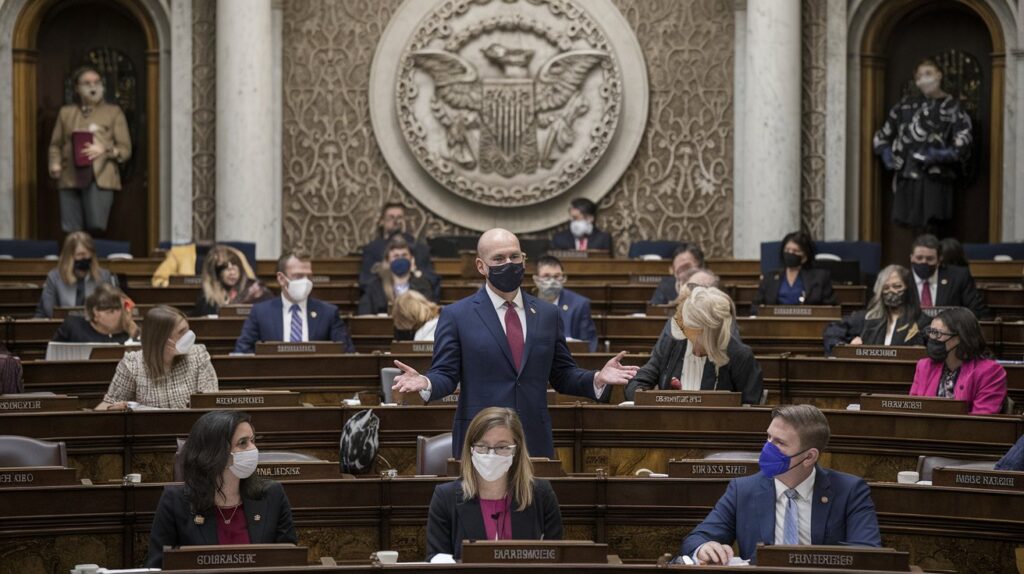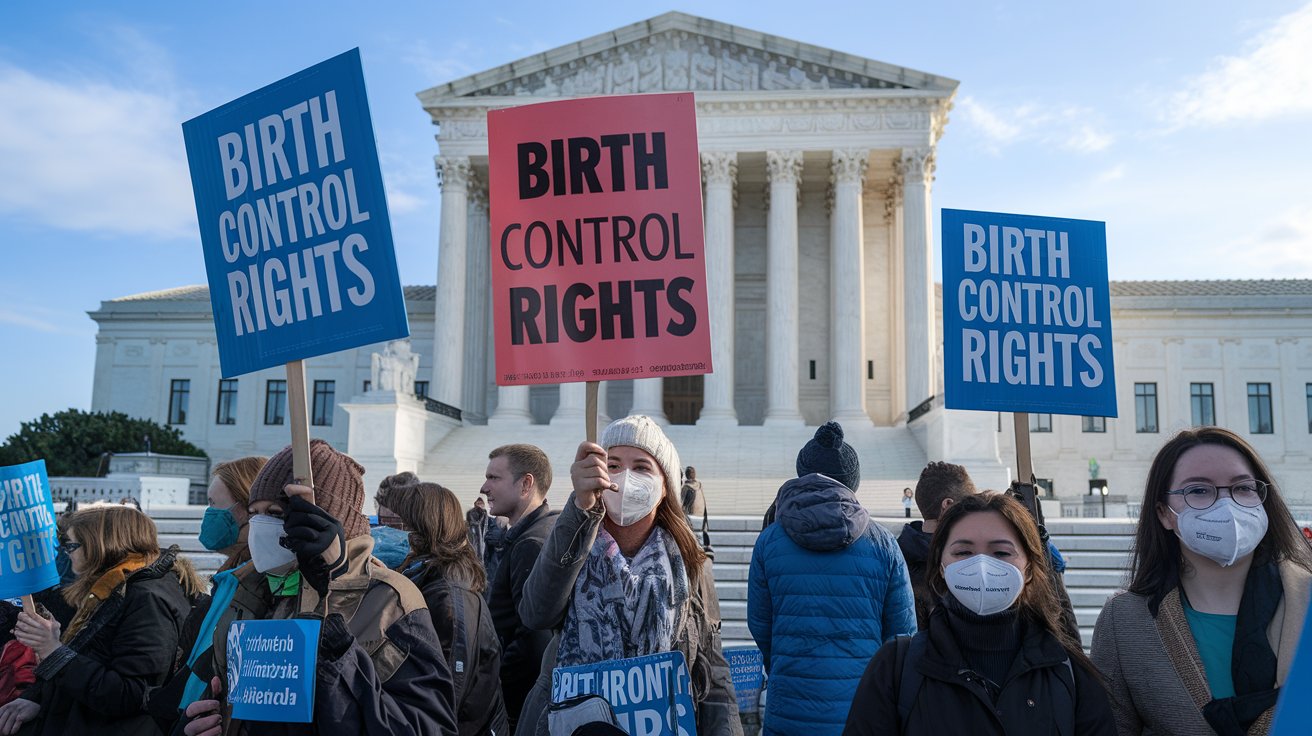Trump’s Victory Sparks Nationwide Debate on Birth Control Access
President Donald Trump’s recent victory has reignited debates surrounding reproductive rights, particularly concerning access to birth control. In a May 2024 interview, Trump suggested that policies limiting contraception availability were “being looked at.” Though he later clarified that he would “never advocate” for restrictions, his comments have intensified concerns across the nation.
Understanding the Concerns Over Birth Control Restrictions
The debate around birth control is not just about access but also about broader reproductive rights. The 2022 Supreme Court decision overturning Roe v. Wade heightened fears that contraception might be the next target. Many legal experts argue that the conservative-majority Supreme Court could revisit landmark decisions protecting birth control access, which could lead to restrictions at the state level.
Key Factors Driving Concerns:
- Supreme Court Composition: Conservative-majority rulings could impact birth control rights.
- State-Level Regulations: States can impose their own restrictions, similar to post-Roe abortion laws.
- Public Sentiment: A Pew Research Center study found that 79% of Americans support birth control access, yet political shifts may challenge this.
Comparison Table: Impact of Policy Shifts on Birth Control
| Policy Change | Potential Impact |
|---|---|
| Supreme Court Overturns Protection | States may restrict access to certain contraceptives |
| Federal Protections Introduced | Ensures birth control remains available nationwide |
| State-Level Bans | Individuals may need to travel for access |
| Expanded Insurance Coverage | More accessible and affordable contraceptives |
Legislative Responses and Political Maneuvers
Several states are proactively taking steps to either safeguard or restrict birth control rights. Some progressive states, like California and New York, have enacted laws guaranteeing contraception availability regardless of federal decisions. Meanwhile, more conservative states have introduced bills that could impose restrictions.

In Ohio, lawmakers introduced the satirical “Conception Begins at Erection Act”, aiming to highlight perceived gender disparities in reproductive health laws. Though not a serious policy, it draws attention to the potential dangers of legislative overreach in reproductive rights.
Mind Map: Legislative Actions on Birth Control
National Debate on Birth Control
|
---------------------------------------
| |
Pro-Access Laws Restrictive Laws
| |
State protections State bans
Expanded insurance Limited types of contraception
Free contraceptives Criminalization of certain pillsPersonal Choices Amid Policy Uncertainty

Concerns over future restrictions have led individuals to take personal measures regarding their reproductive health. A notable example is Michigan State Representative Laurie Pohutsky, who publicly shared her decision to undergo a bilateral salpingectomy, a permanent sterilization procedure. Her story has sparked national discussions about reproductive autonomy in politically uncertain times.
Data Point:
- According to a 2024 Guttmacher Institute report, 12 states have introduced legislation aimed at limiting access to birth control methods, particularly emergency contraceptives and IUDs.
What Lies Ahead for Birth Control Rights?
The future of birth control access in the U.S. remains uncertain. While legal battles continue, advocates emphasize the need for federal protections to ensure access regardless of state policies. Critics, on the other hand, argue that states should have the autonomy to regulate contraception access as they see fit.
Potential Outcomes:
- Federal Protections Passed: Birth control remains widely accessible.
- State-Level Restrictions Expand: Some individuals may lose access, leading to legal challenges.
- Supreme Court Revisits Rulings: Could result in more restrictive birth control laws nationwide.
For ongoing updates and expert analysis on reproductive health policies, visit AP News.





